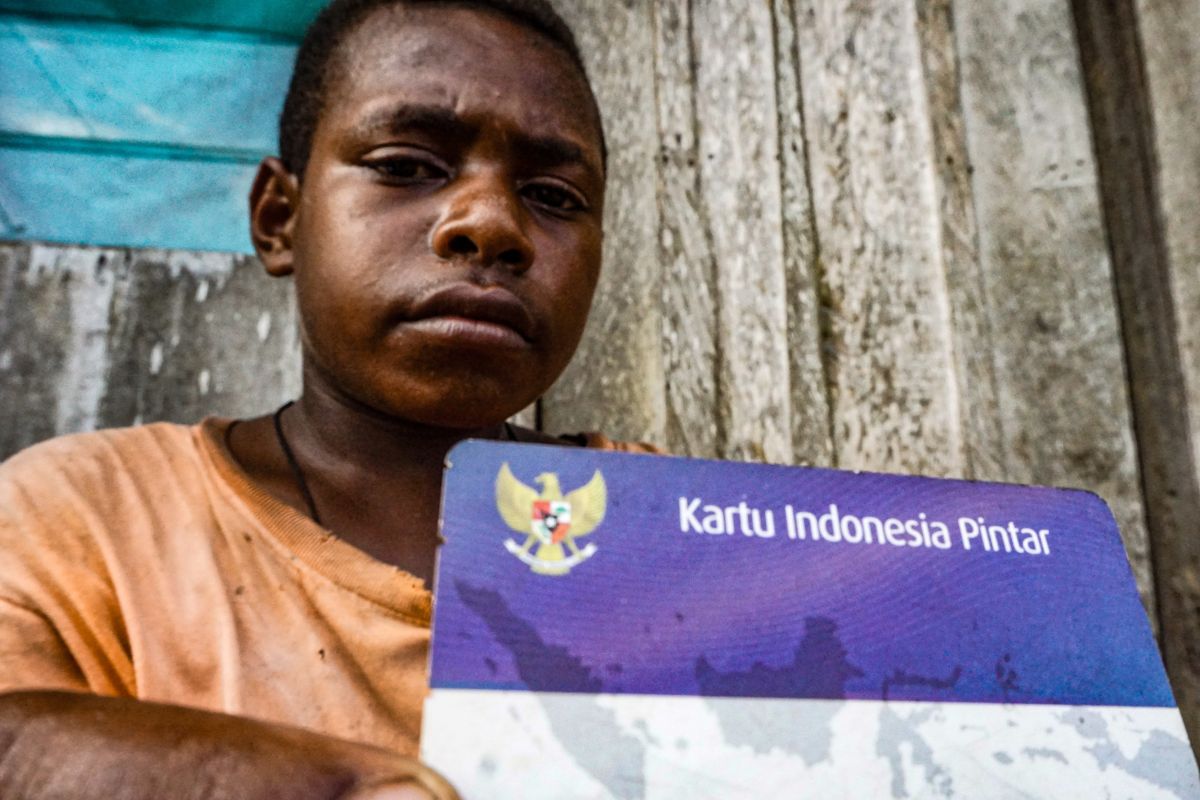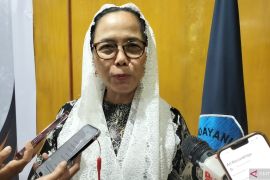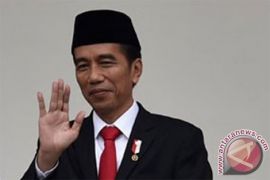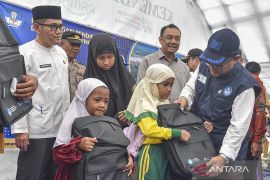KIP-K is a continuation of the school-level KIP program, which is intended for children from underprivileged families whose data can be checked through the Basic Data on Education (Dapodik).
"It is clear that those who receive it are those who are poor, and orphans are prioritized," he added.
He said that those who are not eligible for KIP or KIP-K yet continue to receive the benefits are in violation of regulations. Therefore, they must return the benefits.
"If there are children from a rich family that accept KIP, they can be easily caught," Effendy said.
If community members receive the KIP but are not eligible for it, they must report to the relevant educational unit for further processing, he added.
Recently, there was a viral post on social media platform X about a KIP-K recipient showing off luxurious items.
KIP is meant for students from four priority groups: school KIP holders, those recorded in the Integrated Social Welfare Data (DTKS) or receiving government aid assistance, and orphans and children under social care.
In addition, KIP is prioritized for children from poor families or families vulnerable to poverty with a combined parent/guardian income of less than or equal to Rp4 million (around US$246.26) per month who can furnish the Certificate of Inability to Pay (SKTM) as proof.
President Joko Widodo earlier said that the government has guaranteed tuition financing for around 900,000 college students as of 2023 through the KIP-K program.
Related news: Use KIP optimally to prepare quality human resources: Widodo
Related news: Jokowi says KIP funds 900,000 university students
Translator: Sean M, Kenzu
Editor: Anton Santoso
Copyright © ANTARA 2024












